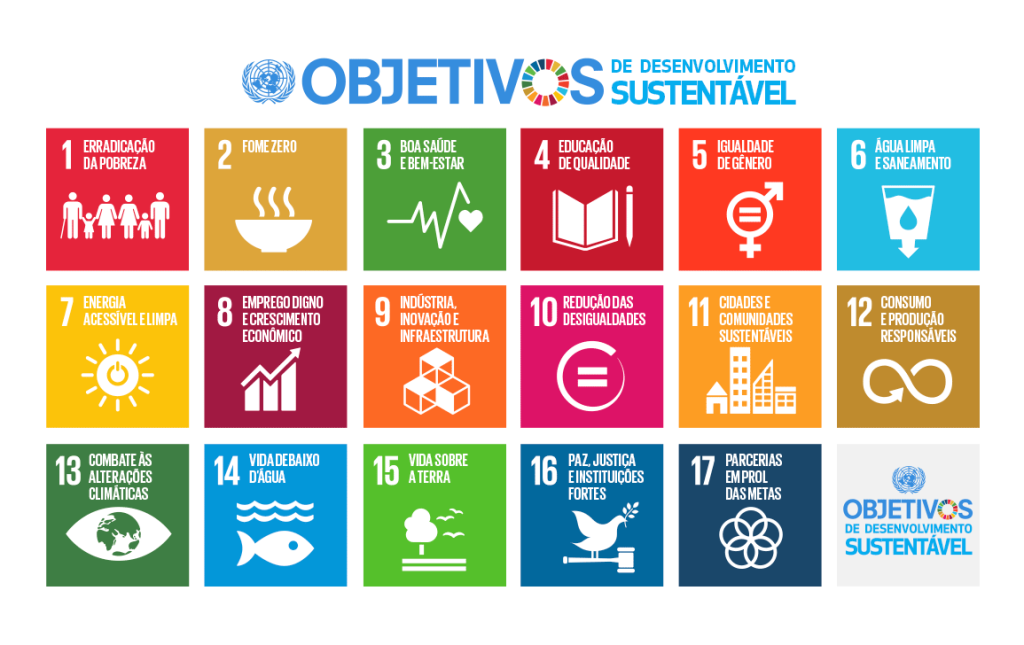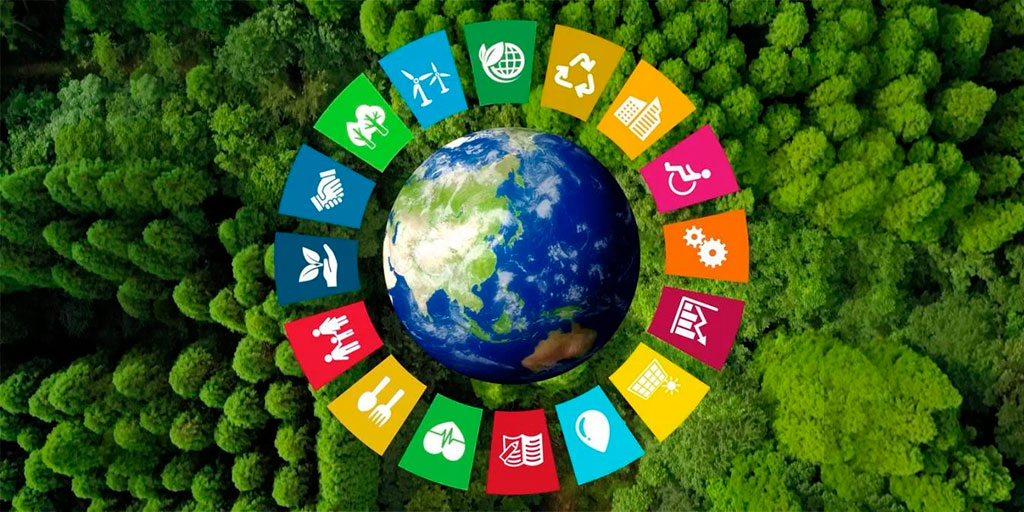
On the eve of the new millennium, then-United Nations Secretary-General Kofi Annan made a speech that echoes to this day:
“Our greatest challenge in this new century is to take an idea that seems abstract – sustainable development – and turn it into a reality for all the world’s people.”
This vision gave rise to one of the most significant initiatives in the relationship between economy and social responsibility: the Global Compact.

Origins of the Global Compact
In the face of the need for a fundamental change in how organizations conduct their business, the Global Compact was launched in 2000. It called on companies worldwide to rethink their operations and strategies to align with ten universal principles in the areas of Human Rights, Labour, Environment, and Anti-Corruption, and also to develop actions that contribute to addressing society’s challenges.
That was how this initiative was born, challenging corporations to become agents of positive change, not only aiming for profit but also global well-being, and today it is the world’s largest corporate sustainability initiative with over 21,000 participants in 162 countries. The Fiorde Group is part of the Global Compact.
The Global Compact is not a mandatory list of rules nor a place where companies are closely monitored. On the contrary, it is a kind of voluntary “club” where companies come together to make a conscious difference.
It offers some legal guidelines, but more than that, it is a space for creative and committed corporate leaders to unite for more sustainable growth and corporate citizenship.
The headquarters of the Global Compact are in New York, right at the epicentre of global action.
The 10 Universal Principles of the UN Global Compact
The Ten Principles of the UN are a set of fundamental values that guide responsible business practices worldwide. They serve as a guide for ethical and responsible business conduct, aligned with the values of the global community.
By adopting and implementing these principles, companies contribute to a fairer, more equitable, and sustainable world. Additionally, they strengthen their reputation.
Here are the 10 Universal Principles of the Global Compact:
Human Rights:
- Companies should support and respect the protection of internationally recognized human rights.
- Ensure they are not complicit in human rights abuses.
Labour:
- Companies should uphold the freedom of association and the effective recognition of the right to collective bargaining.
- The elimination of all forms of forced or compulsory labour.
- The effective abolition of child labour.
- Eliminate discrimination in employment.
Environment:
- Companies should support a precautionary approach to environmental challenges.
- Undertake initiatives to promote greater environmental responsibility.
- Encourage the development and diffusion of environmentally friendly technologies.
Anti-Corruption:
Companies should combat corruption in all its forms, including extortion and bribery.
Global Compact and ESG: What is the relationship between them?
While the Global Compact serves as a guide, ESG comprises a set of criteria that are considered important indicators of investment risk and return potential.
The connection between the Global Compact and ESG is that the principles of the Global Compact provide a basis for companies to address ESG issues.
By adopting the principles of the Global Compact, companies are, in practice, integrating ESG considerations into their operations. Here are some examples of how we are applying ESG practices at Fiorde Group.
For example, a company committed to the Global Compact is likely to have policies and practices that promote environmental sustainability, respect human rights in its supply chain, maintain ethical standards of corporate governance, and combat corruption. This is what we, here at Fiorde Group, are committing to do.
Therefore, ESG and the Global Compact are complementary and reinforce each other.
How the UN Global Compact Works
The Global Compact provides materials, lectures, and courses that help accelerate the development and engagement of organizations around the sustainable development goals.
Meetings are held annually to, among other things, define priority objectives.
Companies from various sectors join this movement, recognizing the importance of their social and environmental responsibility in an interconnected world. Among these participants is the Fiorde Group, which had the honour of participating in the first meeting of the year, held on February 28.
The priorities established for 2024 through voting were:
- Environment and Human Rights: Given the global challenges, environmental protection and respect for human rights have become non-negotiable imperatives for all companies committed to sustainability.
- National Human Rights and Business Policy: Promoting policies that ensure the dignity and fundamental rights of workers at all stages of the supply chain is essential for a fair and equitable global economy.
- Value Chains: Recognizing the interdependence between companies and their suppliers, it is crucial to strengthen value chains to ensure ethical practices at all stages of production and distribution of goods and services.

The Global Compact is not just an initiative; it is a common commitment to a sustainable and inclusive future.
As we face the challenges of this century, it is more important than ever for companies to come together around shared values of social, environmental, and corporate responsibility.
At Fiorde Group, promoting an environment of trust and partnership is our priority.
As Kofi Annan said, “Another world is necessary,” and it is up to us to turn that need into reality.
Together, we can build a better future for all.
Return to Blog